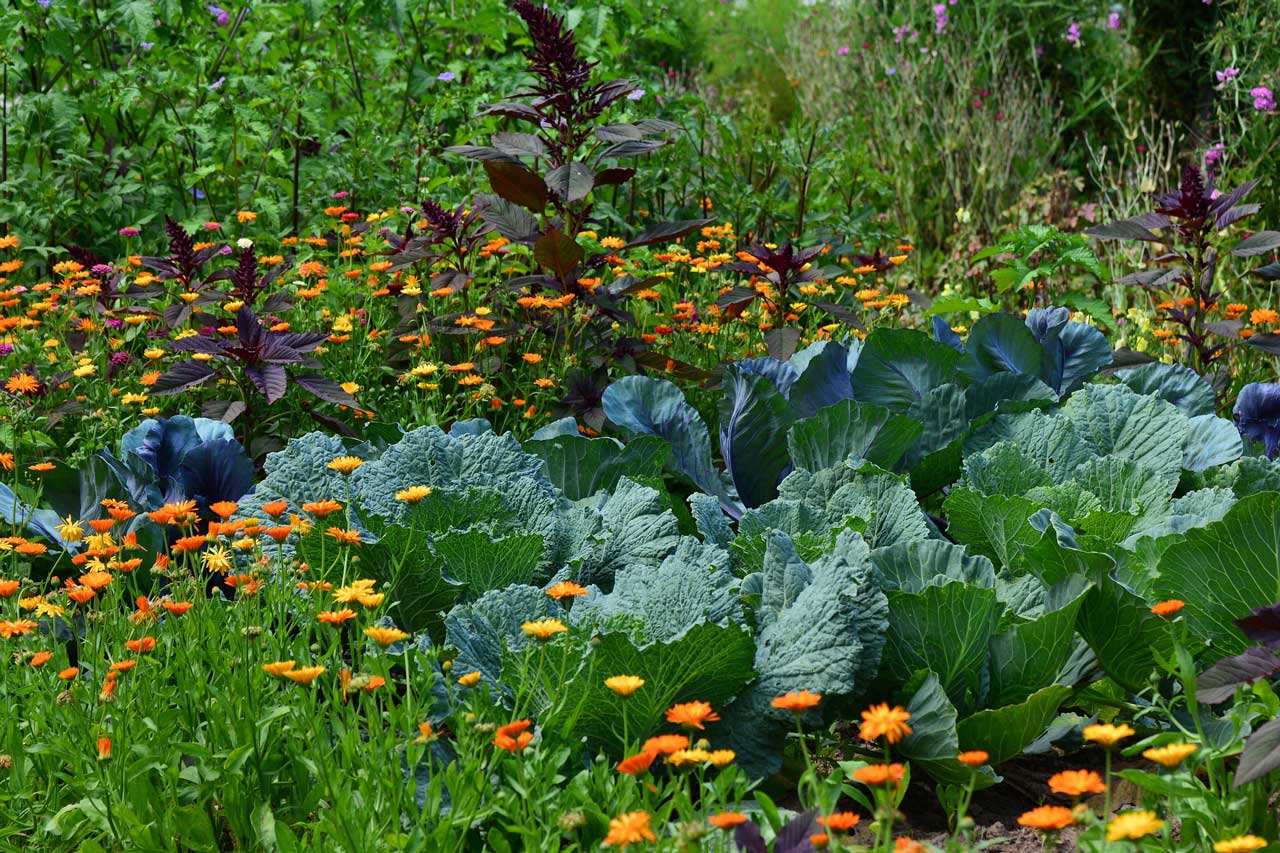

Articles
What To Plant In Winter Garden
Modified: January 6, 2024
Discover the best plants to grow in your winter garden and keep your gardening skills alive throughout the colder months. Prepare for the winter season with our helpful gardening tips and ideas.
(Many of the links in this article redirect to a specific reviewed product. Your purchase of these products through affiliate links helps to generate commission for Storables.com, at no extra cost. Learn more)
Introduction
Winter is often seen as a time of hibernation for both plants and gardeners alike. However, with a little planning and preparation, it is possible to keep your gardening enthusiasm alive and flourishing even during the colder months. Creating a winter garden can not only add beauty and interest to your outdoor space, but it can also provide you with a fresh supply of delicious homegrown produce.
In this article, we will explore the benefits of winter gardening and provide you with some tips to help you create a thriving winter garden. Whether you have a small balcony garden or a spacious backyard, there are plenty of options to choose from when it comes to selecting the right plants for your winter garden.
So, if you’re ready to embrace the beauty of the winter season and embark on a new gardening adventure, let’s dive in!
Key Takeaways:
- Embrace the winter season by creating a thriving garden with cold-hardy plants, providing fresh produce, cost savings, and therapeutic benefits, while enhancing your outdoor space with beauty and elegance.
- Plan and prepare for a successful winter garden by considering climate, plant selection, soil preparation, and protective measures, ensuring a bountiful harvest and a flourishing outdoor oasis.
Read more: What Plants Germinate In Winter
Benefits of a Winter Garden
While winter may not be the most popular time for gardening, creating a winter garden can offer a range of benefits. Here are some reasons why you should consider starting a winter garden:
- Extended Growing Season: By planting winter crops, you can extend your growing season and continue to enjoy the rewards of gardening even during the colder months. This not only provides you with a fresh supply of homegrown produce but also allows you to stay connected to nature throughout the year.
- Fresh and Nutritious Produce: Winter vegetables and fruits, such as kale, carrots, and citrus fruits, are packed with essential vitamins and minerals. By growing them in your garden, you can ensure a steady supply of fresh and nutritious produce, even when the grocery stores may be limited in their selection.
- Cost Savings: Growing your own winter garden can help you save money on groceries. Instead of purchasing expensive imported produce, you can simply step into your backyard and harvest the fruits (and vegetables) of your labor.
- Environmental Benefits: Growing your own food reduces your carbon footprint by eliminating the need for long-distance transportation. Additionally, homegrown produce is often grown using organic methods, which reduces reliance on pesticides and promotes a healthier environment.
- Gardening Therapeutic Benefits: Gardening has been shown to have numerous therapeutic benefits, including stress relief and improved mental health. Even in winter, getting outdoors and engaging with nature can help boost your mood and provide a sense of accomplishment.
- Enhancing Curb Appeal: A well-maintained winter garden can add a touch of beauty and elegance to your outdoor space. Planting winter flowers and adding decorative elements can make your garden visually appealing, even in the midst of winter’s gloom.
These are just a few of the many benefits that a winter garden can offer. From providing fresh produce to improving well-being, winter gardening is a rewarding and fulfilling endeavor.
Factors to Consider Before Planting
Before diving into your winter gardening journey, there are a few important factors to consider. Taking these aspects into account will help ensure the success of your winter garden. Here are some key factors to consider:
- Climate: The climate in your region will greatly influence the types of plants that can thrive in your winter garden. Take note of the average temperatures, frost dates, and the amount of sunlight your garden receives during the winter months.
- Planting Zones: Familiarize yourself with the USDA plant hardiness zones for your area. These zones provide guidelines on the types of plants that are best suited for your region’s climate and conditions.
- Variety Selection: Choose the right varieties of winter vegetables, fruits, and herbs that are known to withstand cold temperatures and thrive in winter conditions. Look for varieties that are specifically bred for winter gardening.
- Soil Preparation: Good soil is crucial for the success of any garden. Test your soil’s pH level and nutrient content to determine if any amendments are needed. Adding organic matter, such as compost, can improve soil fertility and drainage.
- Shelter and Protection: Winter weather can be harsh, so it’s important to provide shelter and protection to your plants. Consider using mulch to insulate the soil, erecting wind barriers, and utilizing row covers or cold frames to shield your plants from extreme temperatures.
- Planting Schedule: Timing is key when it comes to winter gardening. Start planting your winter crops at the right time, allowing enough growing days before the first frost. Consult the planting guidelines for each specific plant to determine the best time for planting.
- Watering and Irrigation: Though plants may not require as much water during the winter, it’s important to monitor soil moisture levels and provide appropriate irrigation. Strike a balance between keeping the soil moist but not waterlogged.
- Garden Maintenance: Even in winter, proper garden maintenance is essential. Regularly monitor your plants for signs of pests, diseases, or nutrient deficiencies. Trim back any dead foliage and remove weeds to promote healthy growth.
By considering these factors before planting, you can set the stage for a successful winter garden. Remember, planning and preparation are key to creating a thriving winter oasis in your garden.
Best Vegetables for Winter Gardening
Winter gardening offers a variety of vegetable options that are specifically adapted to colder temperatures. These resilient plants can withstand frost and continue to grow throughout the winter. Here are some of the best vegetables for your winter garden:
- Kale: A nutritional powerhouse, kale is a cold-hardy vegetable that thrives in winter conditions. Its robust leaves can withstand frost and continue to grow, providing you with a healthy dose of vitamins and antioxidants.
- Spinach: Like kale, spinach is a cool-season vegetable that can handle cold temperatures. It grows best in well-drained soil and can be harvested throughout the winter months for fresh and delicious salads.
- Carrots: Carrots are a popular root vegetable that can be grown during the winter. The cold weather enhances their flavor and sweetness, making them a delightful addition to your winter garden. Choose varieties that are known for their cold tolerance.
- Radishes: Radishes are quick-growing, cold-hardy vegetables that can be harvested within a few weeks. They add a crisp and peppery flavor to winter salads and can be sown multiple times throughout the season for a steady supply.
- Brussels Sprouts: Brussels sprouts are a favorite winter vegetable that produce compact, flavorful sprouts during the colder months. Start them from transplants in late summer or early fall to allow them enough time to mature before winter.
- Lettuce: Certain varieties of lettuce, such as Winter Density and Arctic King, are well-suited for winter gardening. They have good cold tolerance and can be harvested for fresh salads during the winter.
- Hakurei Turnips: These small, sweet turnips are perfect for winter gardening. They have a mild flavor and can be enjoyed raw or cooked. Harvest them when they are small and tender for the best flavor.
- Winter Squash: Winter squash varieties, such as butternut and acorn squash, can be harvested during the fall and stored for months, making them an excellent addition to winter meals.
- Onions: Growing onions in winter allows them to develop a fuller flavor. Plant onion sets or seedlings in late summer or early fall for a winter harvest.
These are just a few examples of the many vegetables that can thrive in a winter garden. Experiment with different varieties and explore the wide range of options available to find the ones that suit your taste and growing conditions.
Consider planting cold-hardy vegetables such as kale, spinach, and carrots in your winter garden. These plants can withstand the colder temperatures and provide fresh produce throughout the season.
Best Fruits for Winter Gardening
While vegetables may take center stage in winter gardening, there are also several fruits that can be grown and enjoyed during the colder months. These fruits not only add flavor and sweetness to your winter meals but also provide a satisfying harvest. Here are some of the best fruits for your winter garden:
- Citrus Fruits: Citrus fruits such as oranges, lemons, and grapefruits thrive in winter conditions. They require protection from frost but can be grown in containers or in areas with milder winters. The fresh and tangy flavors of citrus fruits can brighten up your winter days.
- Kiwifruit: Kiwifruit is a cold-hardy fruit that can withstand freezing temperatures. Both hardy kiwifruit (Actinidia arguta) and fuzzy kiwifruit (Actinidia deliciosa) varieties can be grown in winter. They require fertile soil and some support structures to grow on.
- Apples: Certain apple varieties are well-suited for winter gardening. Choose apple trees that are frost-tolerant and have a late harvest time. The crisp and juicy apples can be enjoyed fresh or used in a variety of culinary creations.
- Pears: Pears are another fruit that can thrive in winter. Select pear tree varieties that are suitable for your climate and have good disease resistance. The sweet and juicy pears can be enjoyed fresh or added to salads and desserts.
- Quince: Quince is a hardy fruit that is considered a cousin of pears and apples. It has a distinct aroma and can be used in cooking and preserving. Quince trees are tolerant of cold temperatures and can be grown in winter gardens.
- Kiwi Berries: Kiwi berries are small, vine-growing fruits that are packed with flavor. They are an excellent addition to winter gardens as they have good cold tolerance. Kiwi berries can be enjoyed fresh or used in desserts and smoothies.
- Persimmons: Persimmons are sweet and flavorful fruits that can be grown in winter gardens. Look for varieties such as Fuyu or Hachiya that are known for their cold hardiness. The rich and unique taste of persimmons makes them a delightful treat during the winter months.
When choosing fruit trees or bushes for your winter garden, be sure to consider their specific requirements, including soil type, sunlight, and space. Remember that some fruit trees may require cross-pollination for better fruit production. With proper care and attention, these fruits can provide a bountiful harvest and add a touch of sweetness to your winter garden.
Read more: How To Store Plants During Winter
Best Herbs for Winter Gardening
Herbs are a wonderful addition to any garden, and winter gardening is no exception. Despite the cold temperatures, there are several herbs that can thrive and continue to provide fresh flavors throughout the winter months. Here are some of the best herbs for your winter garden:
- Rosemary: Rosemary is a hardy herb that can withstand cold temperatures. Its aromatic leaves are perfect for adding flavor to roasted vegetables, soups, and stews. Plant rosemary in well-draining soil and ensure it receives plenty of sunlight.
- Thyme: Thyme is another herb that thrives in colder weather. Its leaves have a delightful fragrance and can enhance the flavor of various dishes. Thyme is a low-maintenance herb that can tolerate frost and prefers well-draining soil.
- Parsley: Parsley is a versatile herb that can be grown in winter gardens. It adds a fresh and vibrant flavor to salads, soups, and sauces. Plant parsley in a sunny spot with fertile soil and keep it well-watered throughout the winter.
- Chives: Chives are cool-season herbs that are excellent for winter gardening. They have a mild onion flavor and can be used in a variety of dishes. Chives require well-draining soil and benefit from regular watering.
- Winter Savory: Winter savory is a robust herb that can handle cold temperatures. Its leaves have a peppery flavor and are a tasty addition to bean dishes, stews, and roasted meats. Plant winter savory in well-draining soil and provide it with full sun.
- Wintergreen: Wintergreen is a cold-hardy herb that is known for its minty flavor. Its leaves can be used to make tea or added to desserts and beverages. Wintergreen thrives in acidic soil and partial shade.
- Coriander (Cilantro): Coriander is an herb that can be grown in winter gardens. The leaves, known as cilantro, add a fresh and citrusy taste to various cuisines. Coriander prefers cooler temperatures and well-draining soil.
- Curly Kale: While not traditionally considered an herb, curly kale can be grown as a beneficial addition to your winter garden. It can tolerate cold temperatures and its nutritious leaves can be harvested throughout the winter.
- Bay Leaves: Bay leaves are a versatile herb that can be grown in winter gardens. The aromatic leaves are commonly used in soups, stews, and marinades. Bay trees are hardy and can tolerate cold temperatures.
These herbs can add flavor and freshness to your winter cooking, even during the colder months. Whether you grow them in containers on a windowsill or in your garden, they are sure to brighten up your winter culinary creations.
Tips for Successful Winter Gardening
Winter gardening requires some specific strategies to ensure success in growing and maintaining your plants in colder conditions. Here are some tips to help you have a productive and thriving winter garden:
- Choose Cold-Hardy Plants: Select vegetables, fruits, and herbs that are known for their cold tolerance and ability to withstand frost. Look for varieties specifically bred for winter gardening.
- Plan and Prepare: Start planning for your winter garden well in advance. Consider factors such as planting schedules, plant spacing, and available sunlight in your garden.
- Provide Protection: Shield your plants from extreme cold temperatures and wind by using protective structures such as row covers, cold frames, or plastic tunnels. These structures can help insulate your plants and retain heat.
- Use Mulch: Apply a layer of organic mulch, such as straw or shredded leaves, around your plants. Mulch helps insulate the soil, regulate temperature, and prevent frost heaving.
- Water Wisely: During winter, plants require less water compared to other seasons. Water your plants sparingly, ensuring the soil remains evenly moist but not waterlogged. Avoid overwatering as it can lead to root rot.
- Monitor for Pests: Even in winter, pests can be a concern. Regularly check your plants for signs of pests or diseases. Use organic pest control methods if necessary to protect your crops.
- Harvest Regularly: Check your winter crops regularly and harvest them at the right time. This not only ensures optimal flavor but also creates space for new growth and prevents overcrowding.
- Extend Growing Season: Consider using season-extending techniques such as using frost blankets or hoop houses to prolong the growing season and give your plants a head start in spring.
- Rotate Crops: Practice crop rotation to prevent the buildup of pests and diseases. Avoid planting the same crops in the same spot each year and rotate them with different crops in your winter garden.
- Continue Soil Care: Take care of your soil even during winter. Add organic matter such as compost to improve soil fertility and structure. Consider conducting a soil test to ensure the right nutrient balance.
By following these tips and adapting them to your specific gardening environment, you can increase the chances of a successful winter garden. Remember to stay proactive in caring for your plants and be prepared to make adjustments as needed. With patience and determination, you can enjoy the rewards of a flourishing winter garden.
Conclusion
Winter gardening is not only possible but can also be a rewarding experience that allows you to enjoy fresh produce and continue your gardening journey even during the colder months. By selecting the right plants, planning ahead, and implementing the appropriate strategies, you can create a thriving winter garden that brings beauty and flavor to your outdoor space.
Throughout this article, we explored the benefits of winter gardening, including the extended growing season, cost savings, and the environmental advantages of growing your own food. We also discussed important factors to consider before planting, such as climate, planting zones, and soil preparation. Furthermore, we highlighted the best vegetables, fruits, and herbs that are well-suited for winter gardening.
To ensure success in your winter garden, we provided you with helpful tips, including the use of protective structures, proper watering techniques, pest monitoring, and crop rotation. Extending the growing season and maintaining soil health were also emphasized as important factors for a thriving winter garden.
Remember, the key to a successful winter garden lies in your planning, preparation, and continued care. Stay proactive in monitoring and tending to your plants, and don’t be afraid to experiment with different varieties and techniques to find what works best in your specific gardening environment.
So, embrace the beauty of the winter season and embark on your winter gardening adventure. Whether you have a small balcony garden, a spacious backyard, or even just a windowsill, there are options available for everyone to indulge in the joys of winter gardening. Enjoy the fresh flavors, the therapeutic benefits, and the sense of accomplishment that comes from growing your own food throughout the colder months.
Get your hands dirty, connect with nature, and cultivate a bountiful winter garden that will bring life and vibrancy to your outdoor space when everything else seems to be dormant. Happy Winter Gardening!
Frequently Asked Questions about What To Plant In Winter Garden
Was this page helpful?
At Storables.com, we guarantee accurate and reliable information. Our content, validated by Expert Board Contributors, is crafted following stringent Editorial Policies. We're committed to providing you with well-researched, expert-backed insights for all your informational needs.
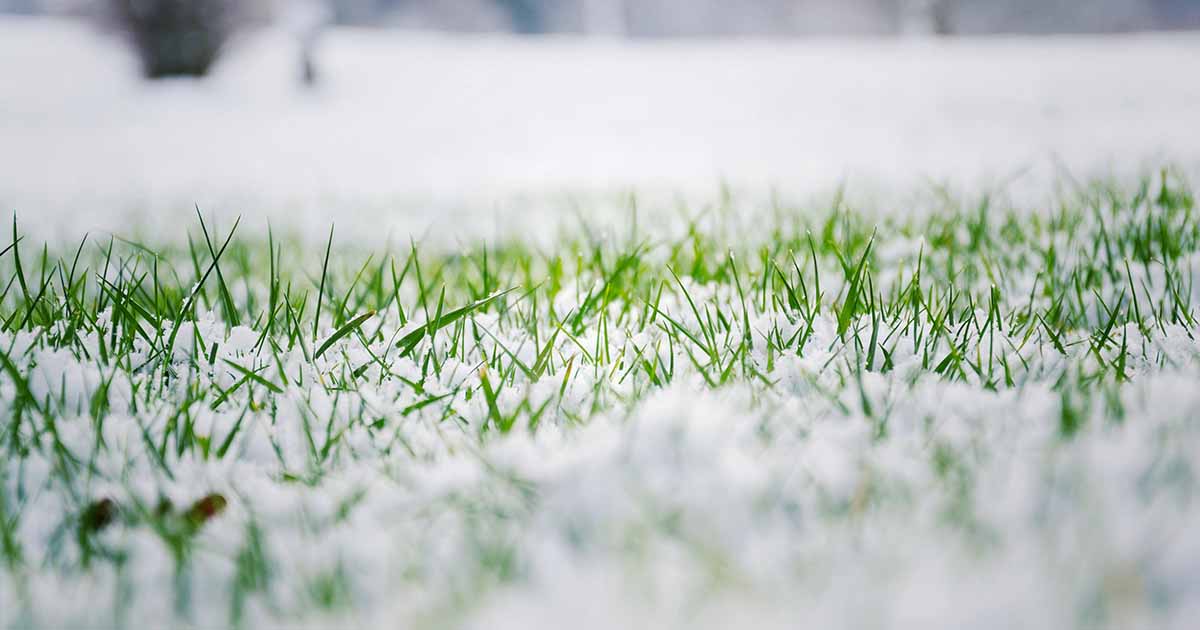
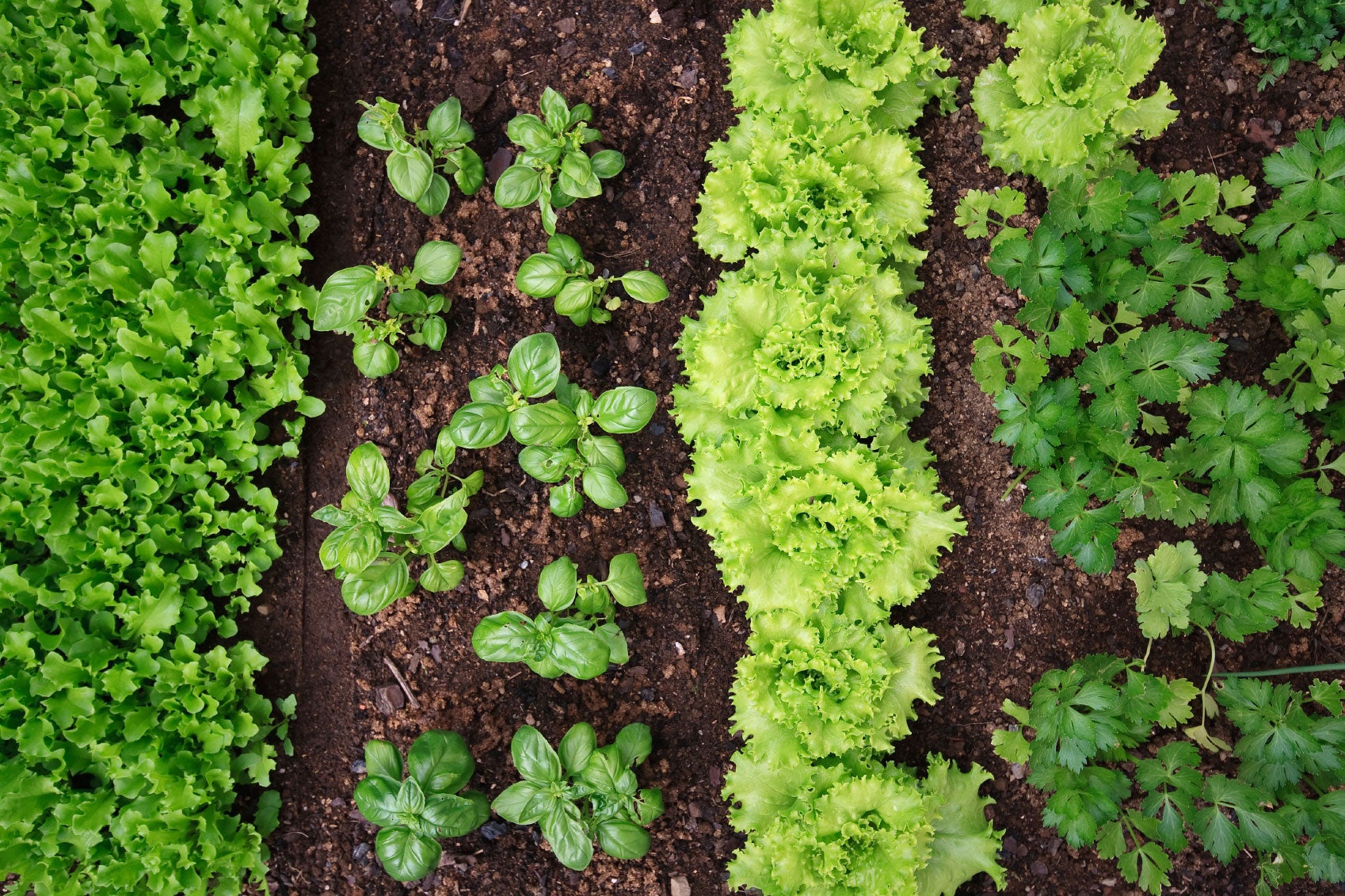
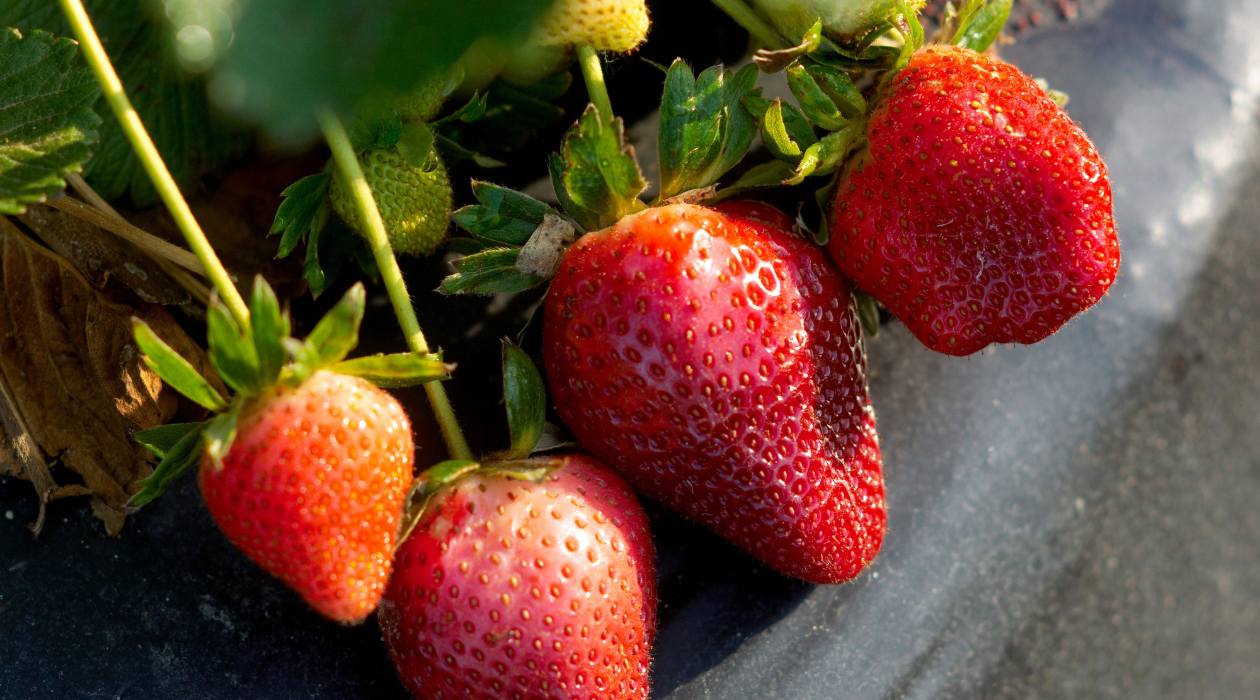
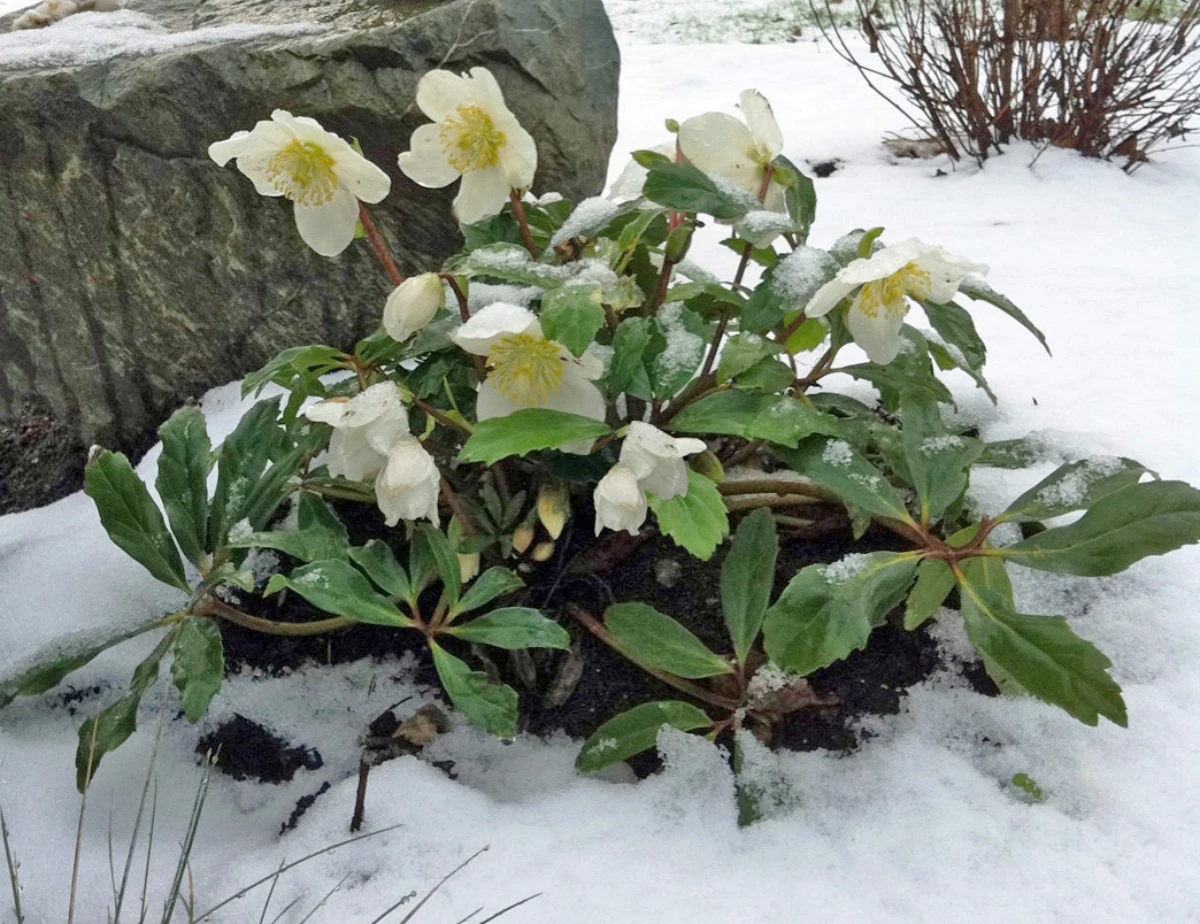
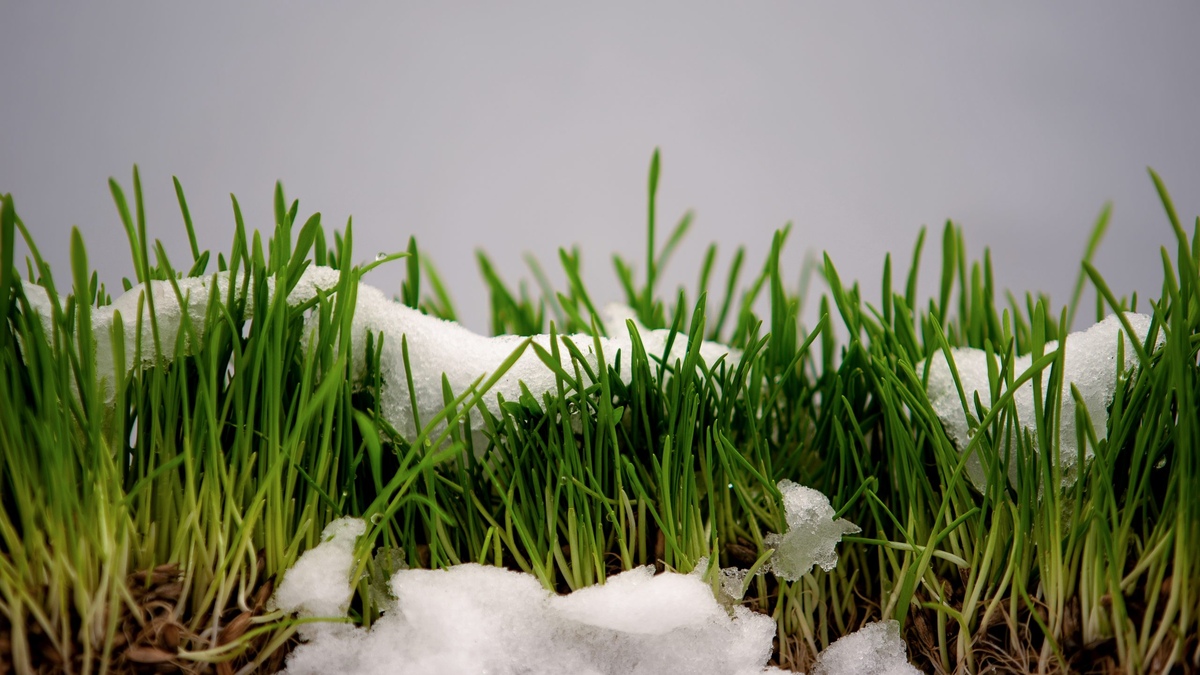
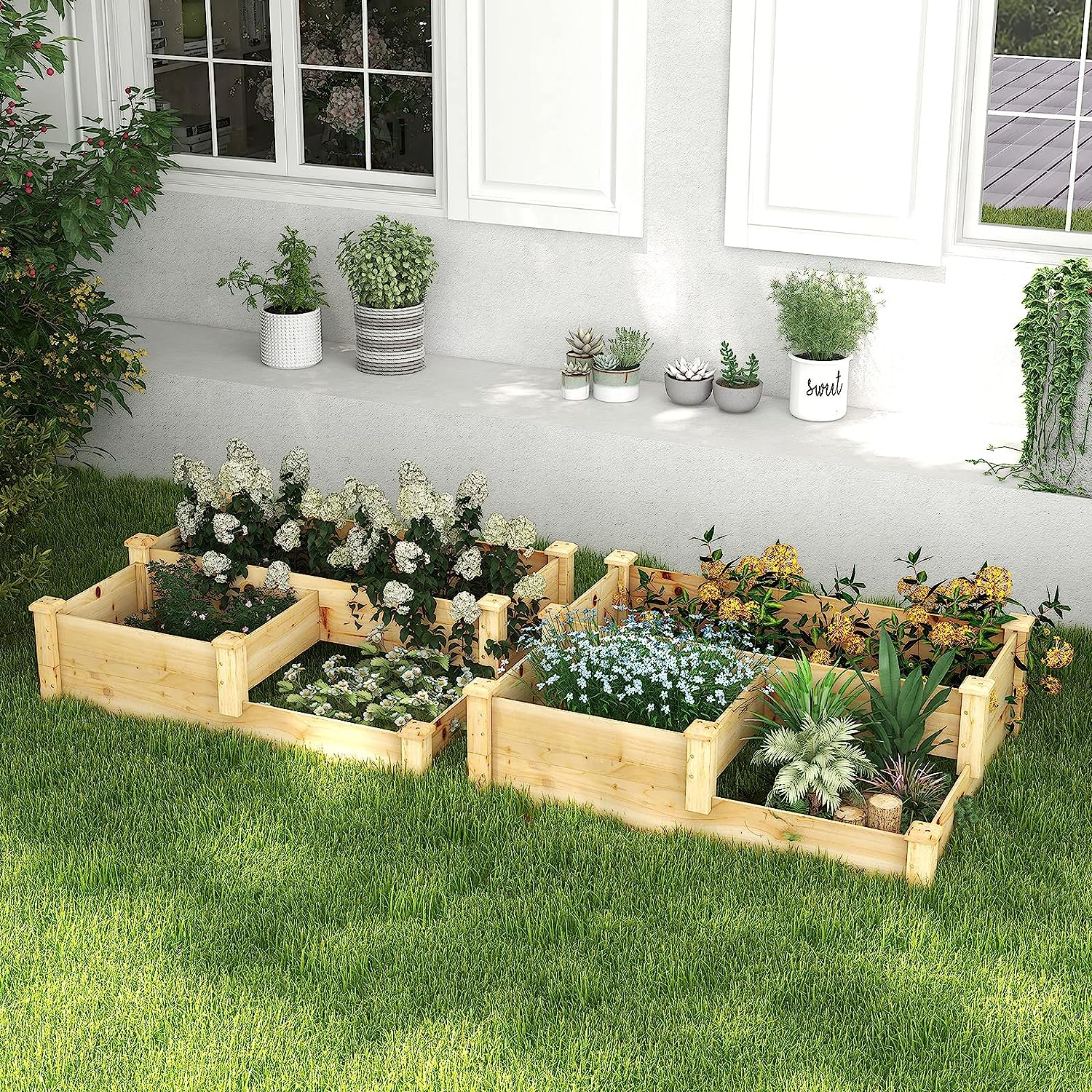
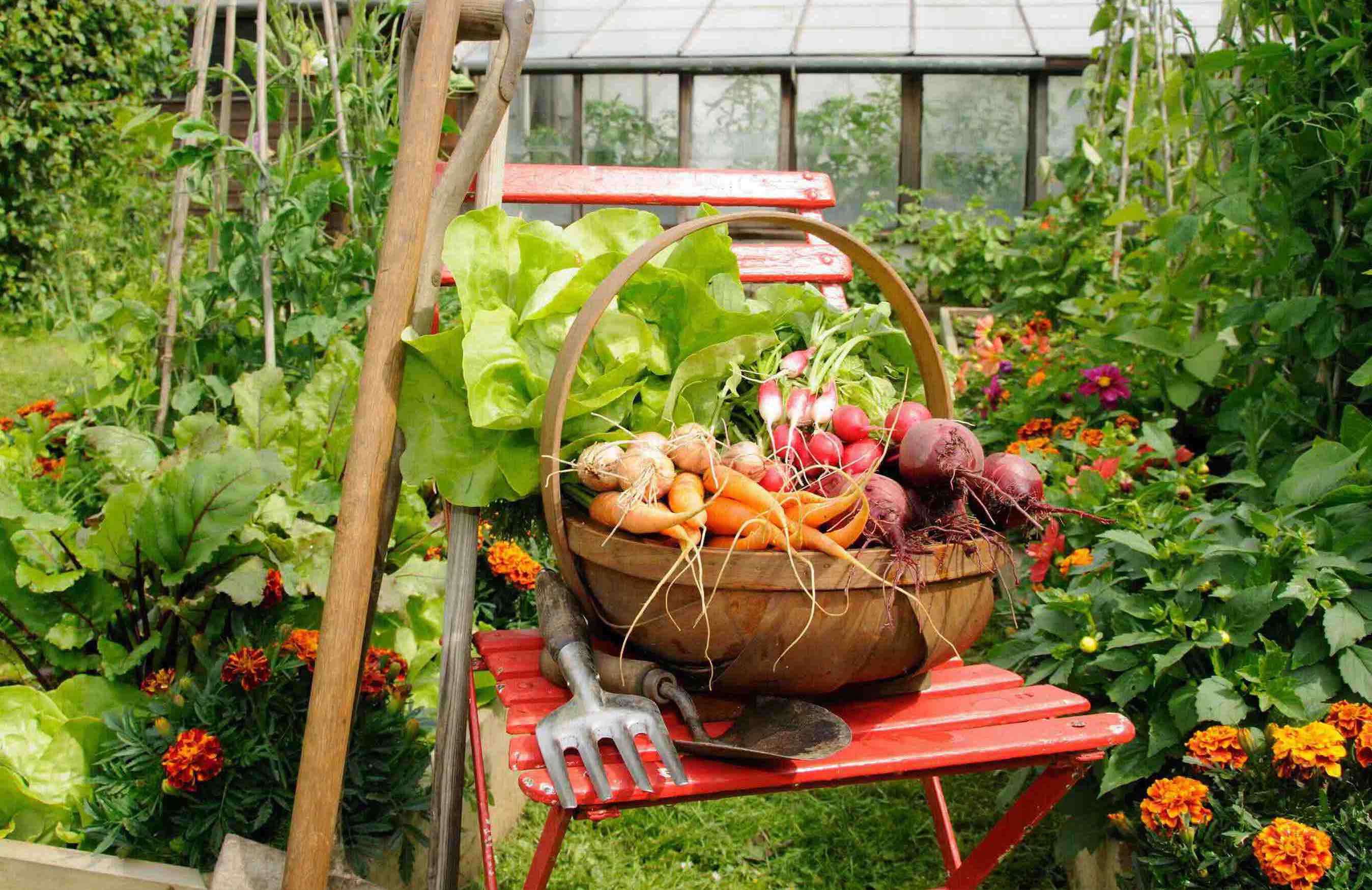
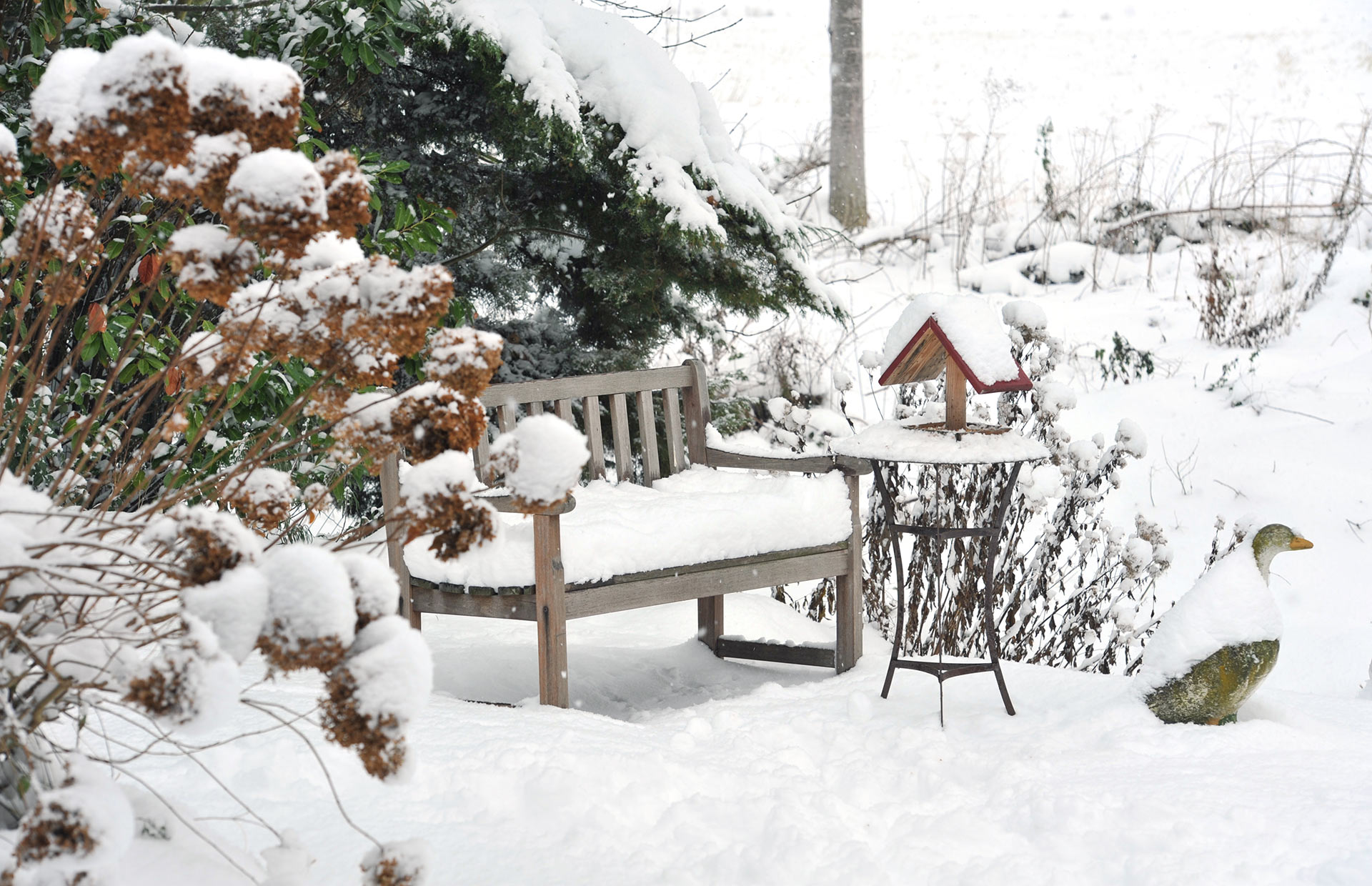
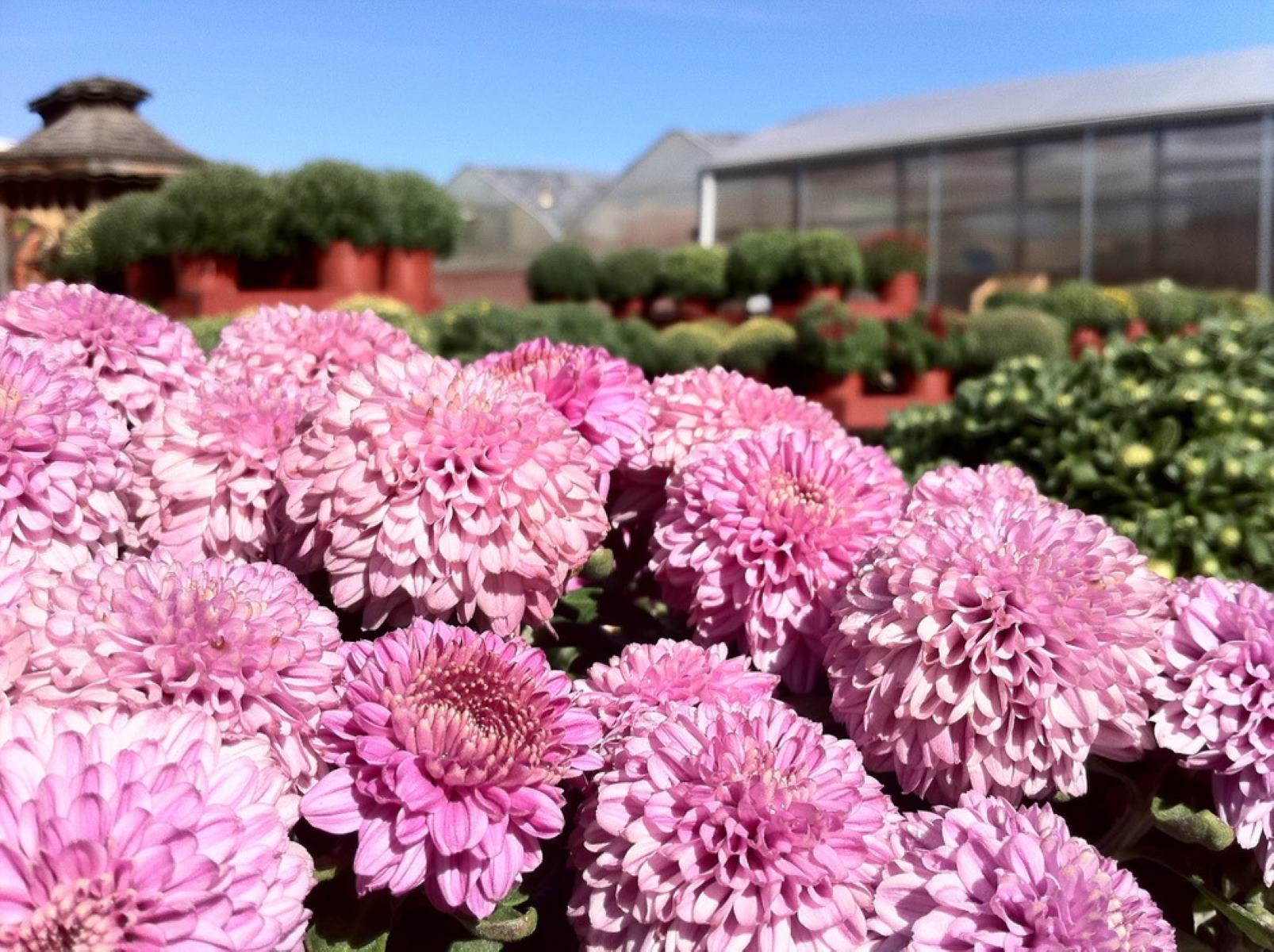
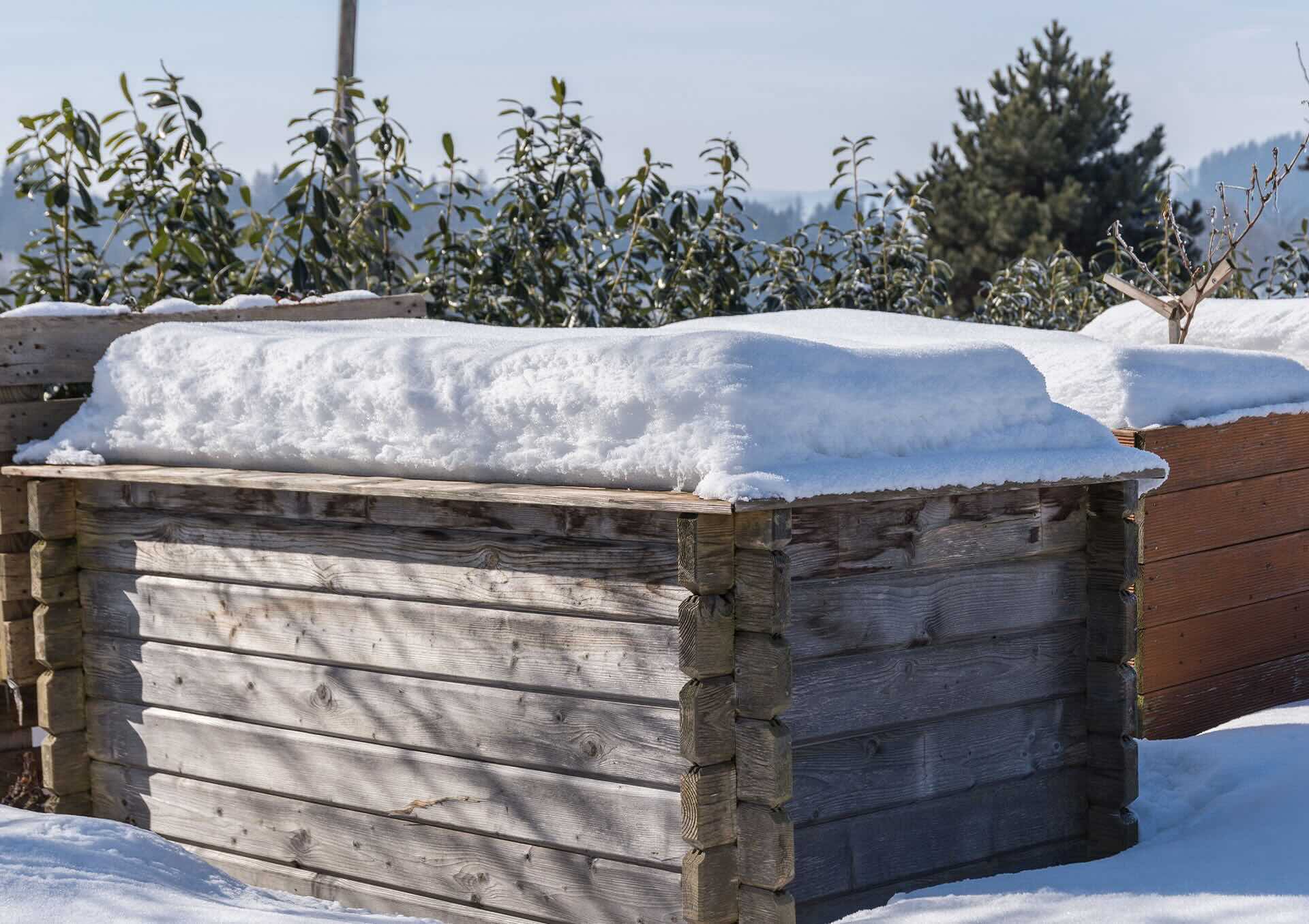
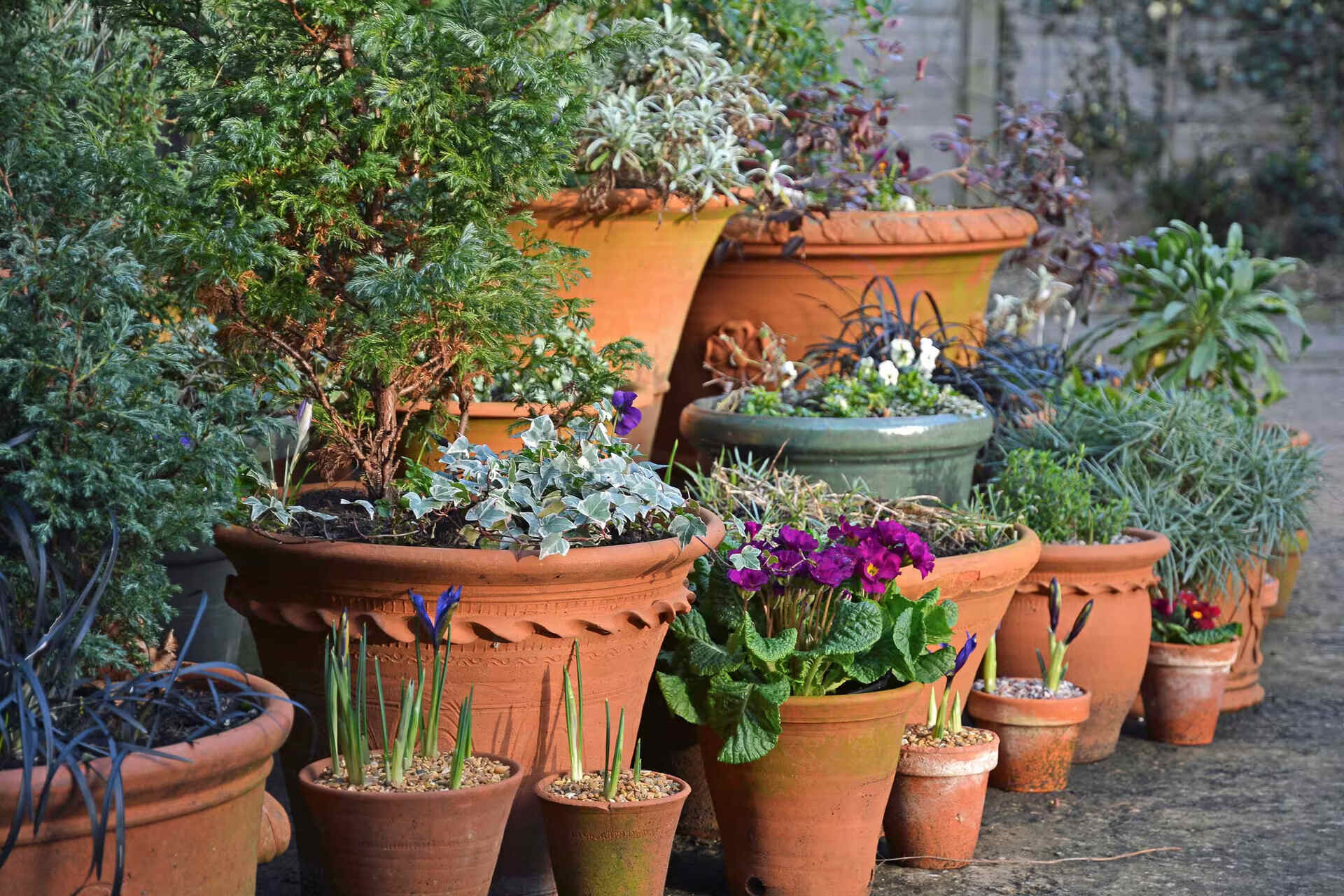
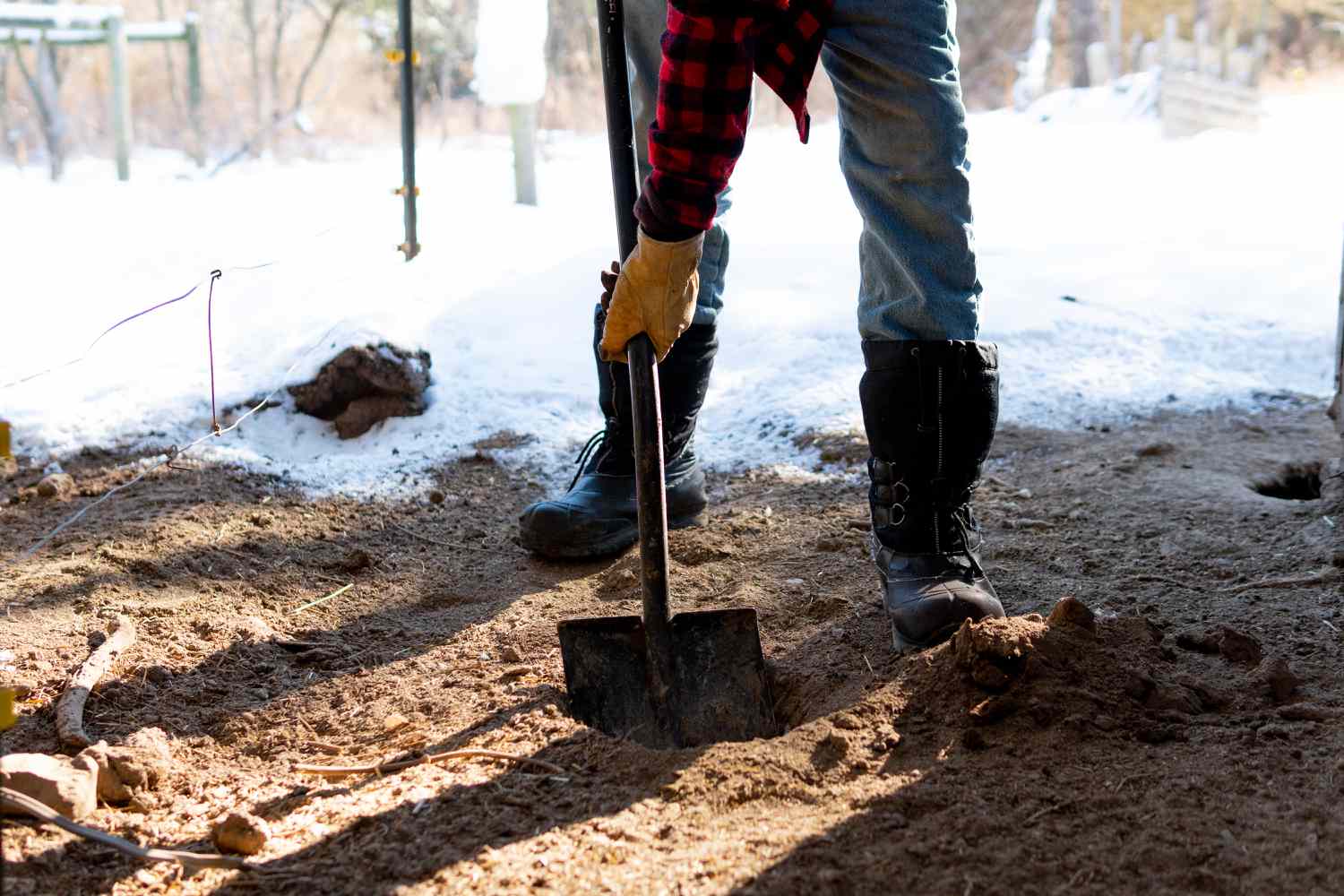
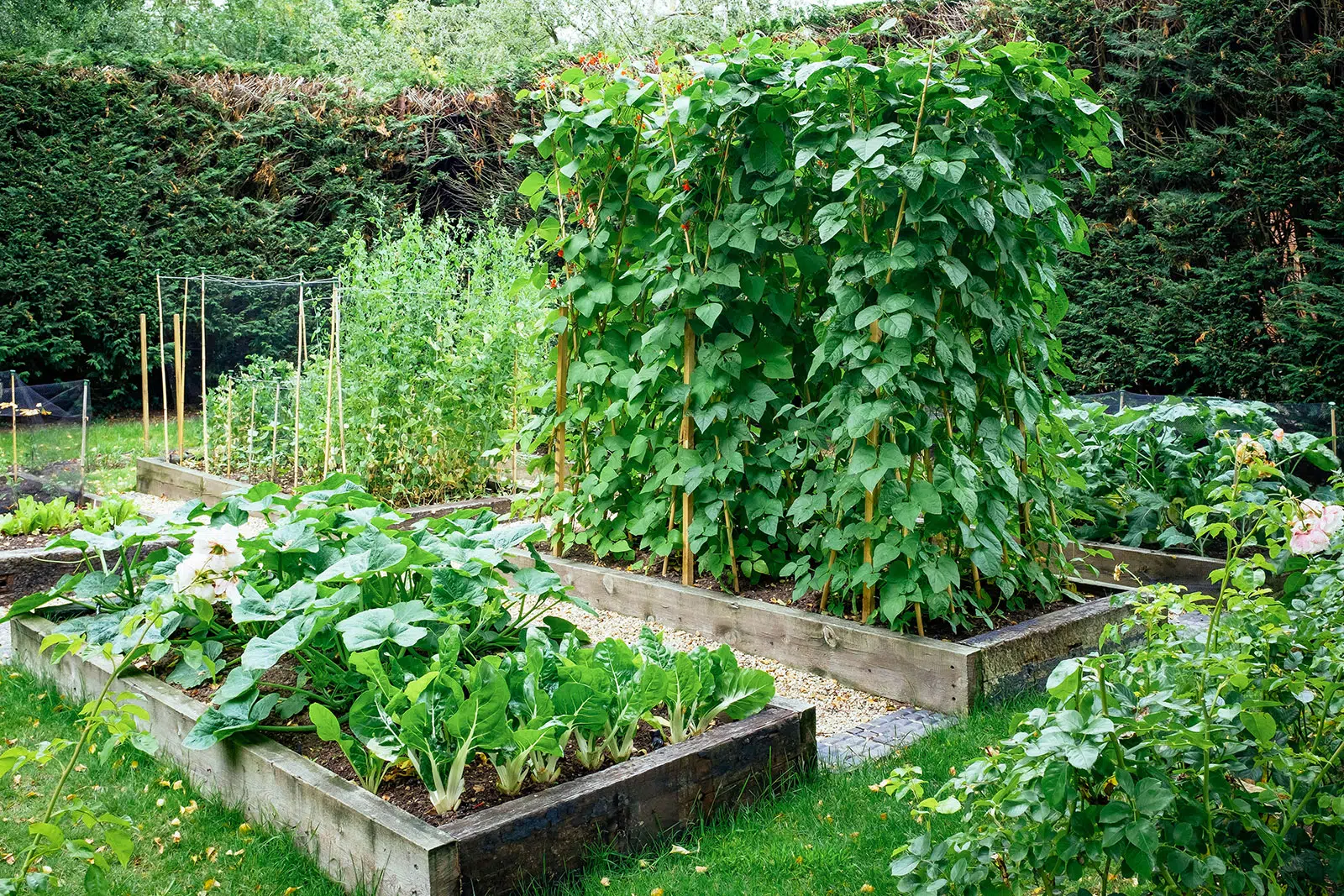


0 thoughts on “What To Plant In Winter Garden”